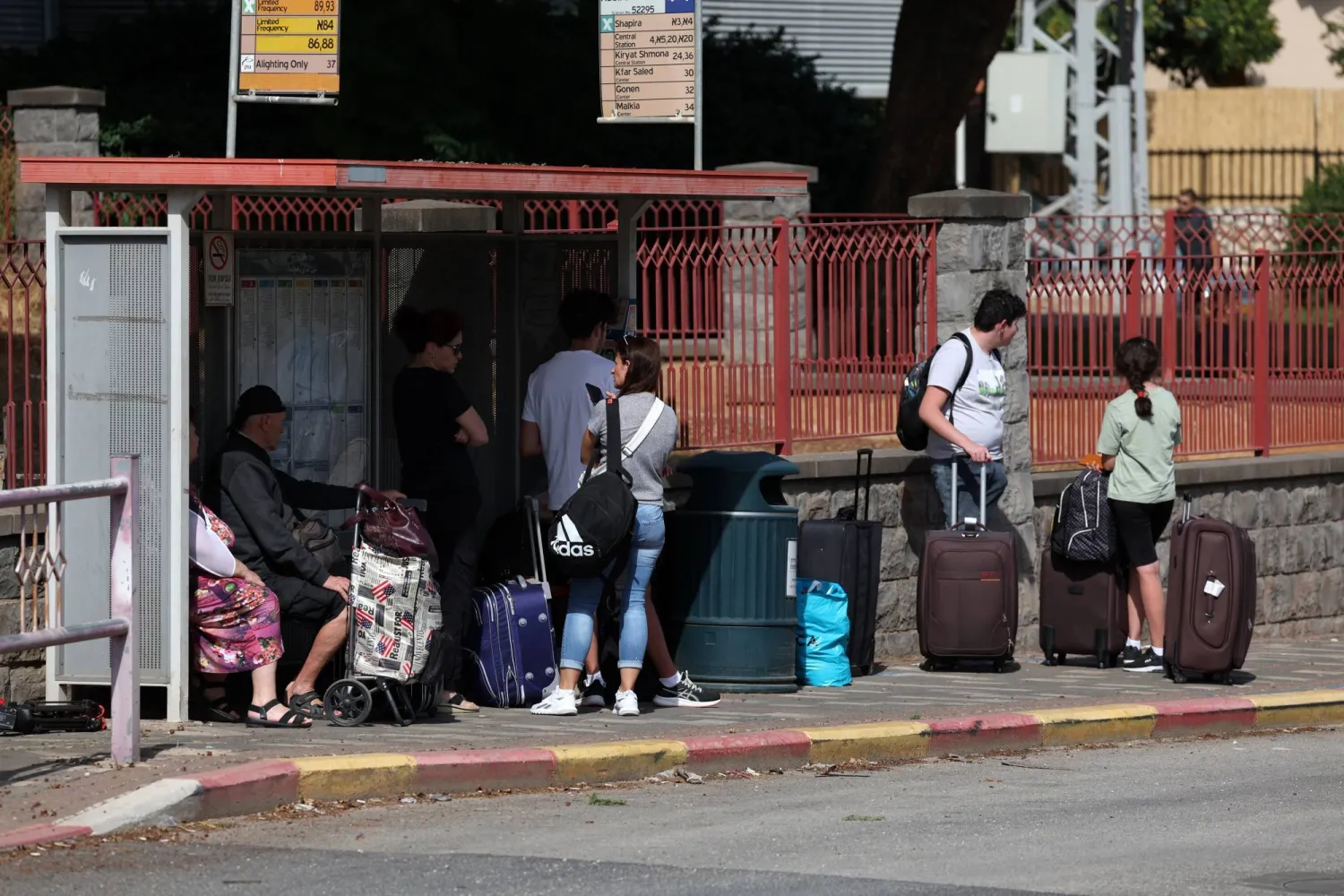Field indicators in South Lebanon highlight at least four military and political goals, which constitute Hezbollah’s strategy in dealing with the Gaza war.
They include sending messages of readiness to engage in the war, stressing commitment to the decisions of UN Security Council resolution 1701, establishing a five-kilometer buffer zone on the Israeli front, and paving the way for violations carried out by Palestinian organizations along the borders.
Hezbollah began its military operations 24 hours after the start of the Gaza war on October 7, targeting military sites in the Shebaa Farms area and the Kfar Shouba Hills, which Lebanon says are occupied by Israel.
Head of the Middle East Center for Studies and Public Relations Dr. Hisham Jaber said this appeared to be a strike that falls “within the rules of engagement,” before it developed into an exchange of bombing and shooting, after the killing of two members of the Islamic Jihad group who had crossed the border and clashed with the Israeli army.
Israel responded by bombing a Hezbollah position, killing three of its members, on Oct. 9, prompting counter attacks and forcing civilians to escape from border villages. Israeli settlements were also evacuated to a depth of 7 kilometers from the northern frontier with Lebanon.
Jaber, a retired army brigadier general, said during the course of the bombing, the party wants to avoid expanding the clash, as long as it achieves its goals, which include occupying three Israeli military divisions, boasting more than 30,000 soldiers, who are deployed on the border with Lebanon, instead of engaging in the Gaza war.
He added that Hezbollah “will not initiate a battle, for reasons related to its internal front, and to prevent igniting a regional war.”
In remarks to Asharq Al-Awsat, Jaber said the party is trying to send a political message that it is committed to resolution 1701, as evidenced by the fact that it did not use medium- or short-range missiles, and targeted only Israeli military positions.
Field developments indicate that the Iran-backed party, which used Kornet missiles (with a range of 5 kilometers) extensively to attack Israeli armored vehicles, soldiers, and equipment, was able to create a buffer zone on the Israeli front, approximately five kilometers from the Lebanese border.
“The party is suggesting that the borders are open for Palestinians to attack Israel, while it adheres to the rules of engagement and carries out strikes within Lebanese areas or in the area separating the international border and the Blue Line,” Jaber remarked.









